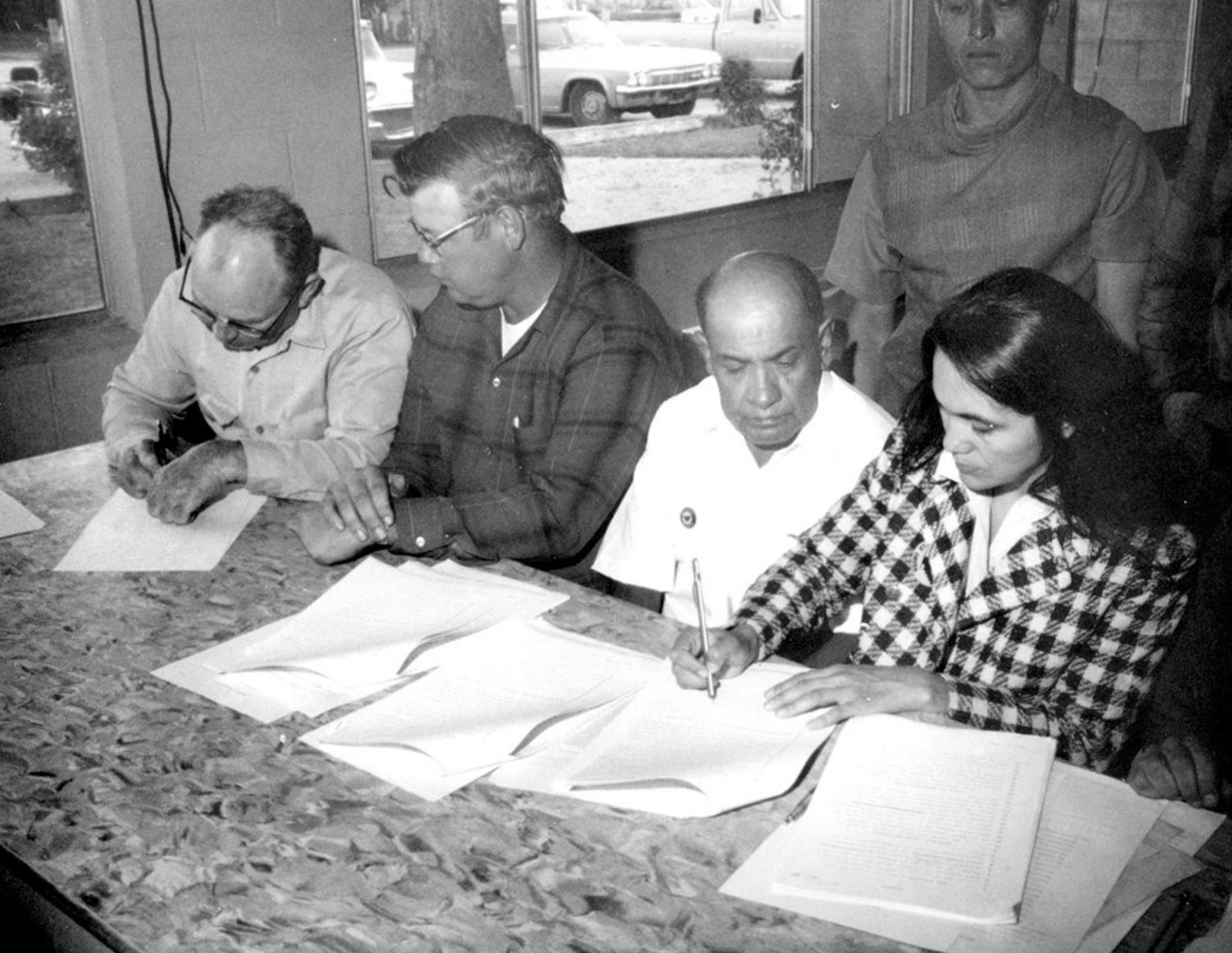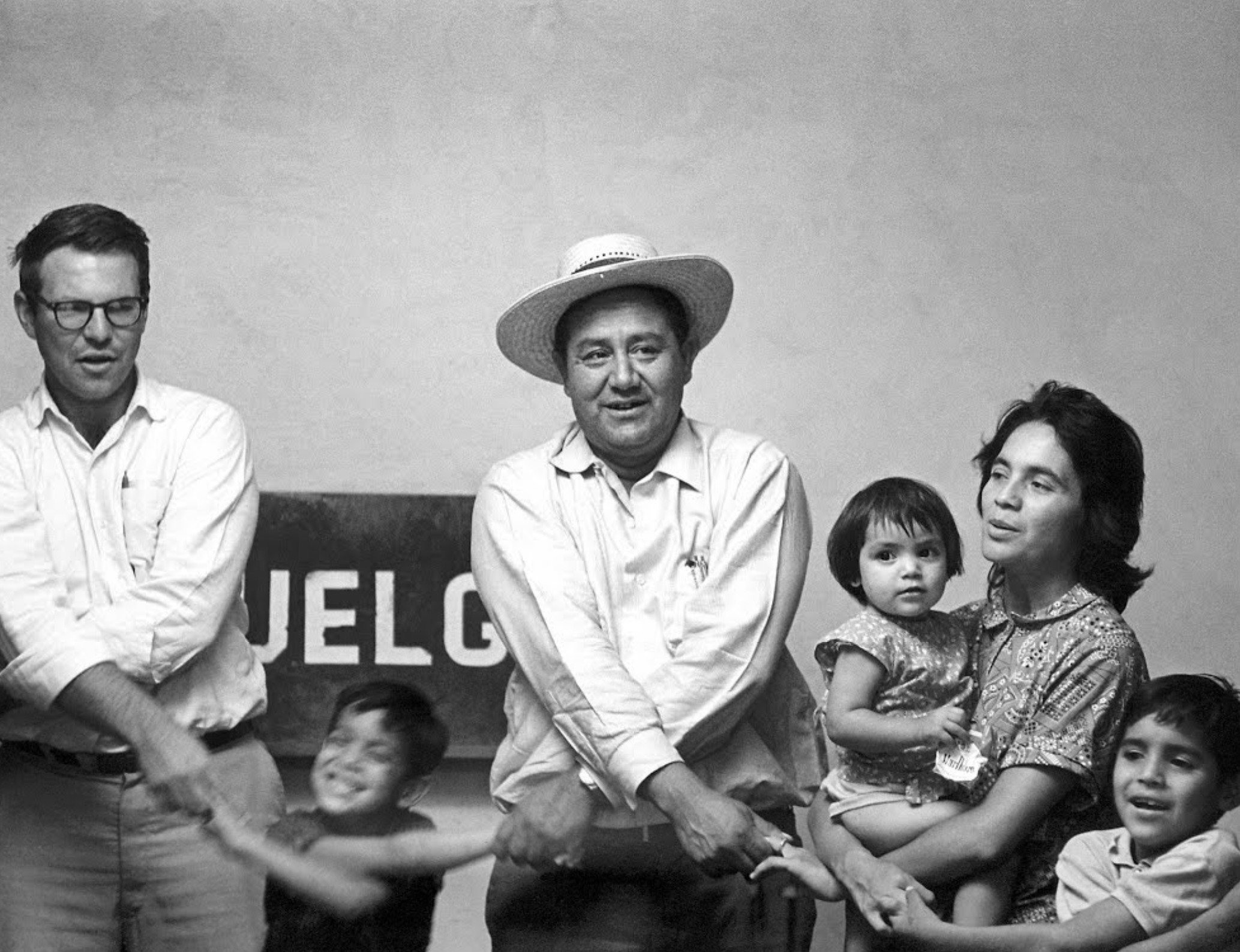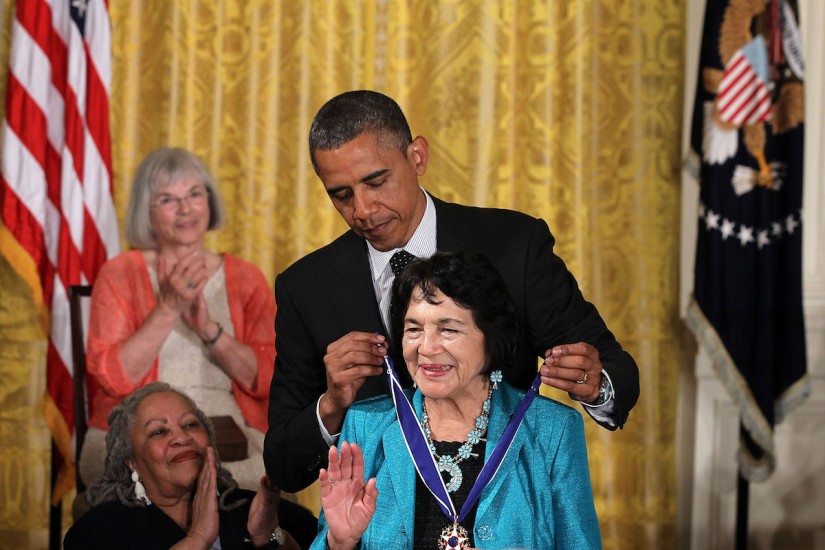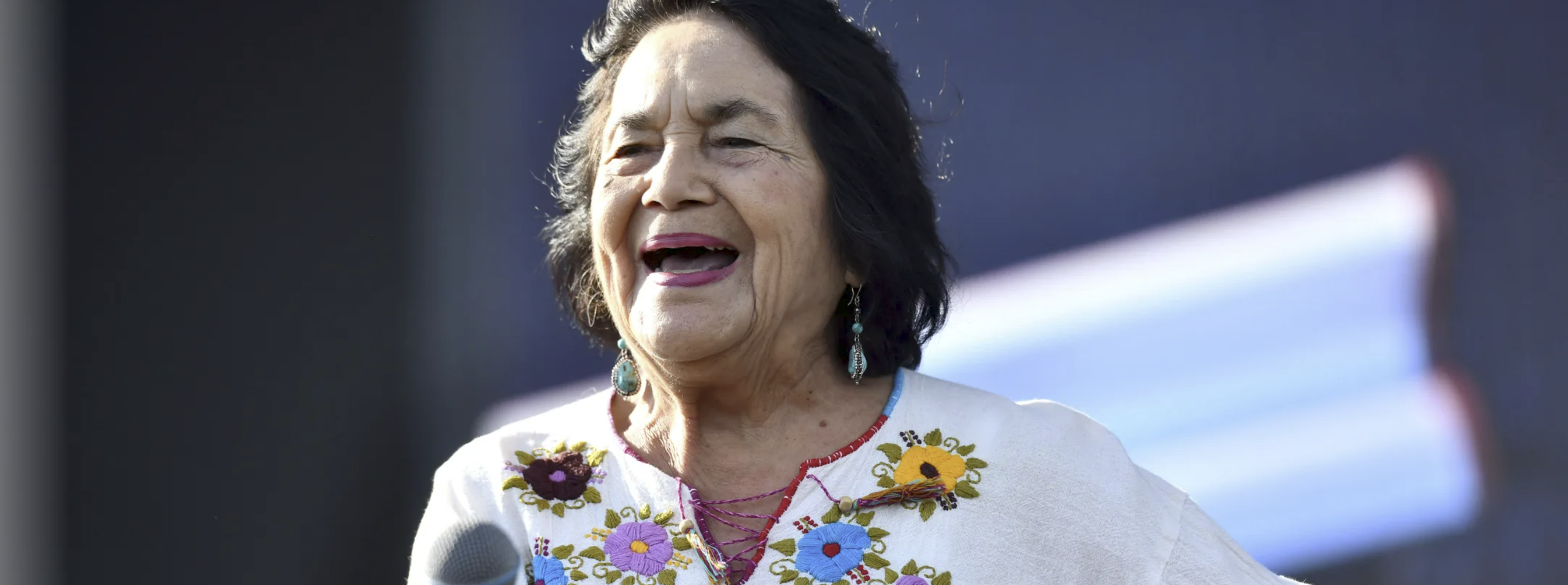Debate
Although Huerta proved herself as an invaluable party at the bargaining table, there was pushback to her unconventional outlook on activism.
As UFW’s vice president, she took on key union leadership roles atypical of women at the time and faced resistance from male colleagues.
There was also debate on her sacrifice of her 11 children, who she often left behind for months at a time while on the road as the movement became her first priority.



